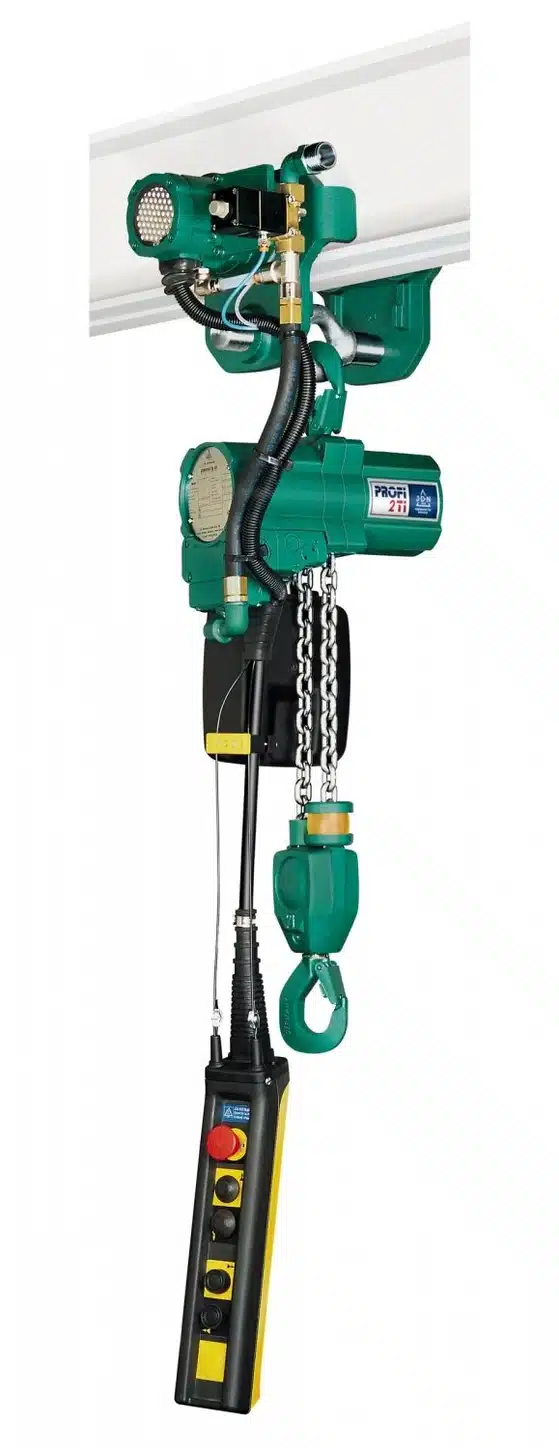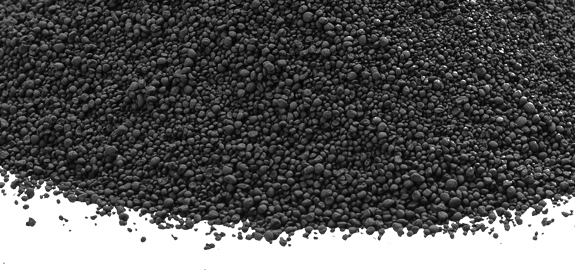Cancarb, a member of the Tokai Carbon Group, is a worldwide provider of thermal carbon black and is based out of Medicine Hat, Alberta.
The process used in producing carbon black creates a massive amount of heat, which Cancarb converts into high-pressure steam that is used to generate electricity that powers 20% of the City of Medicine Hat, which is approximately 200,000 MWh annually. This is a reduction of approximately 90,000 tons of greenhouse gas emissions that would otherwise be created.
Recently, Cancarb began undertaking a considerable expansion of its plant to increase its production output by up to 20% annually, which would equal an extra 9000 metric tons of carbon black per year. As an Alberta based manufacturing facility, Cancarb has turned to local provincial contractors to contribute to this 40-million-dollar expansion. One of those contractors just happens to be Kristian Electric.
In January of this year, Kristian Sales Representative Leonard Forcey was approached by Cancarb about the manufacturing of two overhead crane systems for their plant expansion, also known as “Train 6”. However, there was a catch. One of the cranes was to be installed for the use of maintenance in a safety-sensitive area and would require all electric motors to meet a more stringent safety certification. Hazardous location (explosion, spark-proof) electric motors are available but tend to be more expensive with a significant lead time. That said, Forcey knew there was a more cost-effective alternative with the use of pneumatic motors.
Having recently outfitted one of the largest mining companies in British Columbia with JD Neuhaus pneumatic equipment, this wasn’t new territory for Forcey. J.D. Neuhaus is the worlds leading manufacturer in pneumatic and hydraulic lifting devices, with over 275 years in the material handling business. JDN hoists and crane components are engineered for extreme environments including subsea waters, arctic zones, mining, and more.
“With pneumatic crane components [hoist, trolley, end trucks] compressed air is the energy source that drives the motor, thereby removing electricity and its associated risks from the equation completely.” Forcey explains “So if the client already has a compressed air system able to deliver the appropriate amount of cfm, then they have a big box already ticked.”
Due to Cancarb already having the appropriate compressed air system in place, the classification needed, coupled with the dusty environment and long lift required (40+ feet), Kristian and JD Neuhaus combined resources to manufacture and supply a pneumatic style crane to fill this need.
“JD Neuhaus pneumatic crane components are also completely dust-tight and offer a 100% duty cycle as the motors naturally cool themselves. Long lift scenarios (100+ feet) are also easily achievable with a JD Neuhaus pneumatic hoist”.
The 2-ton capacity crane with pneumatic style end trucks was fitted with a JD Neuhaus Profi 2T hoist, trolley, and controls package. Both cranes (one electric, one pneumatic) were delivered to Medicine Hat in mid-July.
For a company that has been building cranes for decades, our recipe can sometimes be simple and a crane design may almost be a carbon-copy of the last. However, on occasion, we get to break out of the routine and solve a specific problem with a unique crane system design, such as our experience with the Cancarb project.


You can learn more about Cancarb and their industry here.

